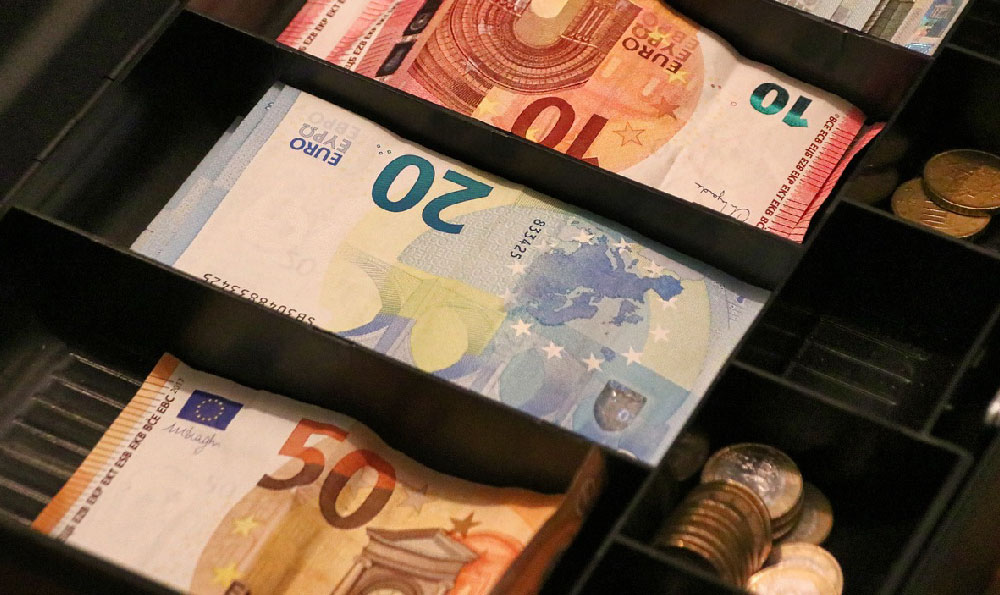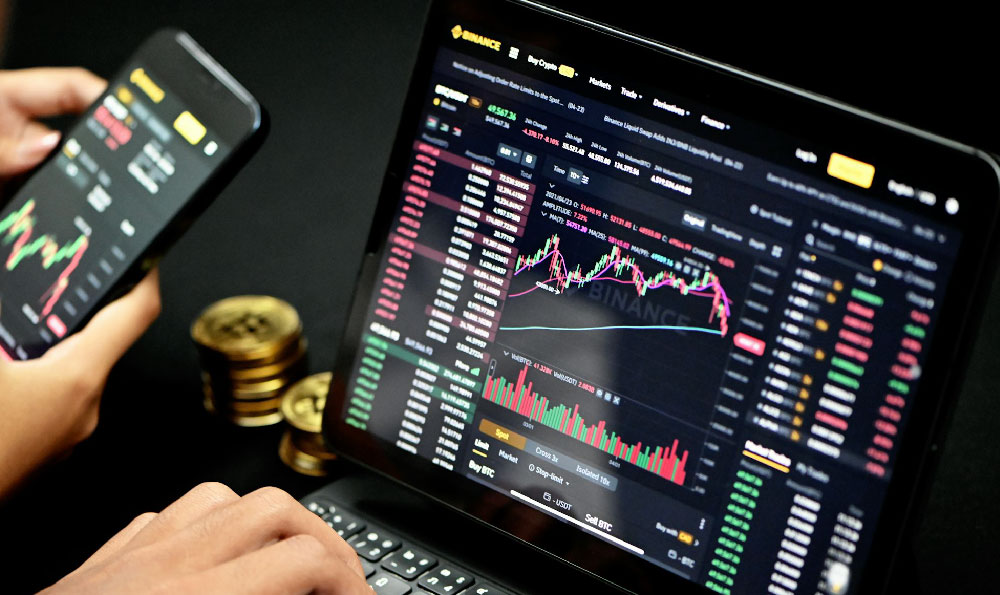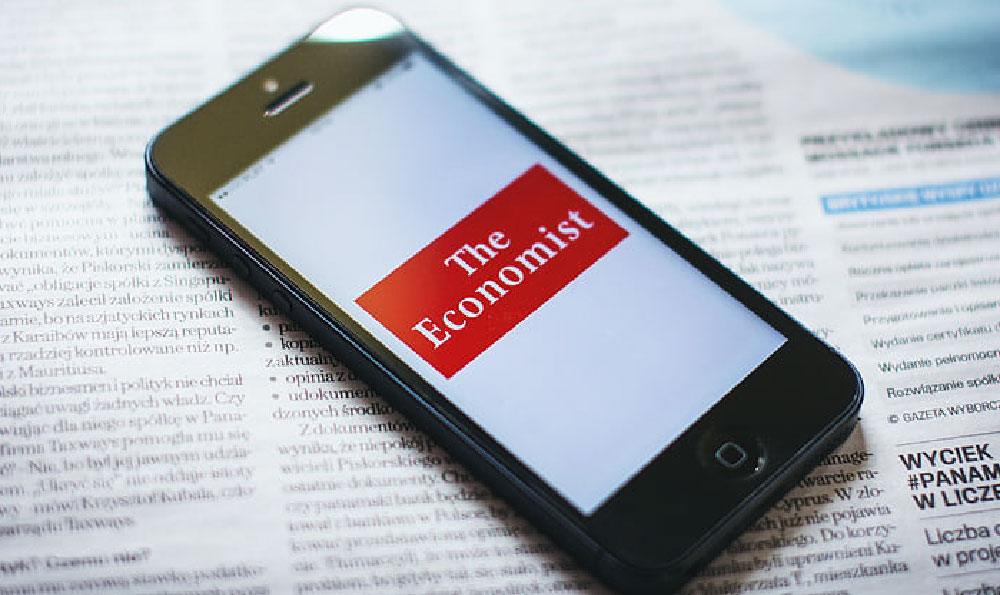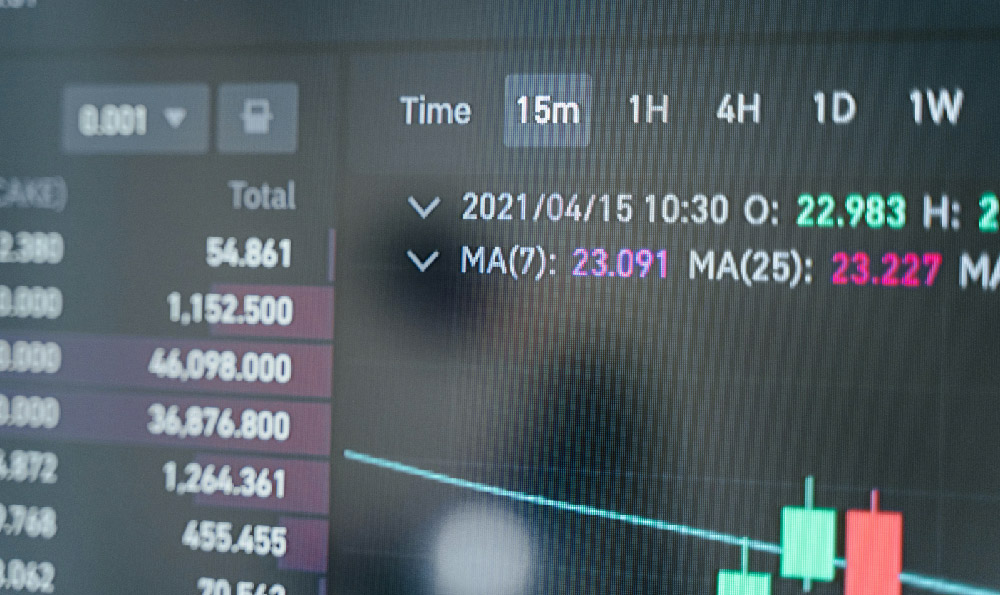The mafia, a term often associated with organized crime, has long been a subject of fascination due to its intricate methods of generating illicit wealth. While the mechanisms of their operations are inherently tied to legal violations, understanding these practices can shed light on the broader implications for financial systems and the importance of regulatory frameworks in combating such activities. The mafia's ability to sustain itself through criminal enterprises relies on a combination of strategic planning, corruption, and exploitation of weaknesses in legal and economic structures. Their income sources are diverse, ranging from direct criminal activities to more sophisticated financial maneuvers that often blur the line between legal and illegal transactions.
At the core of the mafia's financial strategy lies the exploitation of illegal markets and the use of money laundering techniques to disguise the origins of their earnings. For instance, drug trafficking remains one of the most significant sources of illegal income for criminal organizations. The process involves smuggling narcotics across borders, selling them in black markets, and using profits to fund further operations. However, the immense sums generated from drug sales are rarely kept in cash; instead, they are often funneled through complex networks involving shell companies, offshore accounts, and cross-border transactions to obscure their trail. This practice, known as money laundering, allows the mafia to integrate illicit funds into the legitimate economy while avoiding detection by authorities.
In addition to drug trafficking, the mafia has historically relied on extortion as a means of generating income. This involves threatening businesses, individuals, or entire communities to extract payments, often under the guise of "protection" fees. These fees can be substantial, and adversaries are typically coerced into compliance through violence, intimidation, or the threat of harm to their families or property. Extortion not only provides a direct financial inflow but also serves as a means of controlling territories and industries, creating a cycle of dependency that further entrenches the mafia's power. The funds obtained from extortion are often used to invest in other illicit activities, such as gambling or illegal arms trade, thereby diversifying their sources of income.

Another significant avenue for the mafia's financial gains is the illegal arms trade. This involves smuggling weapons across borders to supply criminal enterprises, gangs, or conflict zones, often defying international trade laws and sanctions. The profits from this trade can be substantial, particularly in regions with political instability where demand for weapons is high. However, the arms trade is not merely a source of revenue; it is also a tool for exerting influence and power. By controlling the flow of weapons, the mafia can disrupt law enforcement operations, instigate violence, and create an environment of fear that deters public scrutiny of their activities.
The mafia's income is further diversified through involvement in human trafficking, which has become a significant crime in modern times. This involves exploiting vulnerable individuals for forced labor, sexual exploitation, or other forms of exploitation, often with the aid of corrupt officials and law enforcement agencies. The profits from human trafficking are typically used to fund other criminal enterprises, creating a web of interconnected illegal activities. The financial aspects of human trafficking are often underestimated, as the value of human lives and illegal labor can be immense, particularly in regions with weak labor regulations and high demand for cheap or forced labor.
Moreover, the mafia frequently engages in financial fraud and cybercrime, leveraging technological advancements to expand their illicit activities. These include falsifying documents, laundering money through digital platforms, and engaging in fraudulent investment schemes that lure unsuspecting victims with promises of quick profits. The rise of the internet has opened new avenues for the mafia, allowing them to operate more discreetly and efficiently. However, the detection of such schemes is increasingly challenging, as they often mimic legitimate financial instruments, making it difficult for authorities to distinguish between legal and illegal transactions.
The mafia's financial operations are not limited to generating income through direct crime; they also engage in economic manipulation and corruption to maintain their activities. This includes bribing officials, creating monopolies in certain industries, or distorting legal processes to protect their interests. By infiltrating legal institutions, the mafia can ensure that their operations remain unchecked, thereby securing a steady flow of illicit income. This form of corruption is particularly insidious, as it directly undermines the integrity of legal systems and facilitates the continuation of criminal activities.
The financial power of the mafia is also evident in their ability to influence global markets. For example, the mafia's involvement in illegal activities can lead to the manipulation of commodity prices, the disruption of legitimate trade, or the creation of artificial shortages in certain regions. This impact on global markets is often indirect, as the mafia operates in the shadows, but it can be significant, particularly when their activities are tied to major industries such as energy, agriculture, or precious metals. The economic consequences of such manipulation can be far-reaching, affecting both local and international trade.
In conclusion, understanding the mafia's methods of generating illegal income provides insight into the complexities of criminal financial systems and the importance of vigilance in maintaining economic integrity. By exploring these practices, it becomes clear that the mafia's financial strategies are multifaceted, involving a combination of direct criminal activities and sophisticated financial manipulation. The role of regulatory bodies, international cooperation, and technological advancements in combating these activities cannot be overstated, as they are essential in dismantling criminal networks and preventing the integration of illicit funds into the legitimate economy. While the mafia's operations are illegal, their impact on financial systems serves as a stark reminder of the vulnerabilities that exist in the absence of robust legal and economic oversight.












